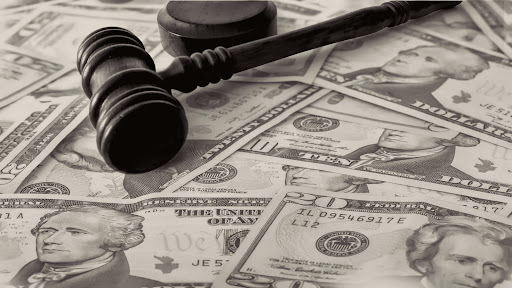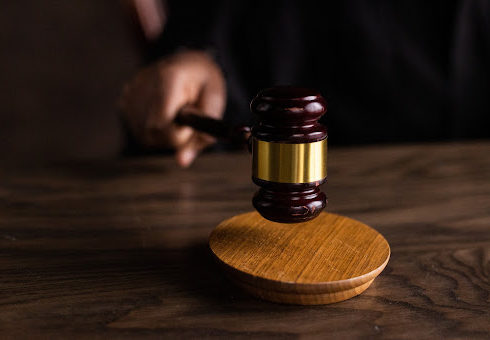What are Punitive Damages in a Lawsuit?

If you’ve been injured due to the negligence or wrongdoing of someone else, you could be eligible for compensation from multiple types of damages:
- Economic, or special damages, which can help pay for medical bills, the cost of lost wages, and other costs that can be documented
- Non-economic, or general damages, which account for the damages you’ve suffered that don’t have a specific value, like pain and suffering, loss of consortium, and loss of enjoyment of life.
These two types of damages fall under the broader umbrella of compensatory damages, which seek to compensate the victim for the damages they’ve suffered because of the defendant’s negligence.
However, in cases of extreme negligence or egregious wrongdoing, the court may also award punitive damages to the plaintiff. Punitive damages are damages awarded in excess of the plaintiff’s actual injuries, and are intended to punish the defendant.
The Reasons for Awarding Punitive Damages
As said above, punitive damages are generally only awarded in extreme cases. Broadly speaking, punitive damages serve two main functions in a legal sense: to punish the defendant’s behavior, and to set an example. Both of these intend to dissuade people from acting similarly in the future.
Punitive Damages to Set an Example

Punitive damages can be used to make an example of the defendant, in order to dissuade them or others from engaging in similar conduct later on. While financial loss can be an effective deterrent, especially for corporate defendants, if the loss isn’t high enough it doesn’t dissuade them from repeating their behavior.
For this reason, punitive damages can often be as much as ten times the initial damages paid to the plaintiff. Without extreme damages, many companies will simply view personal injury lawsuits as a cost of doing business.
Punitive Damages to Punish Behavior
The main point of punitive damages is to punish extremely negligent behavior—and one of the best ways to punish someone in our legal system is through financial loss. So if your accident was caused by behavior the court deems egregious, you could be eligible for punitive damages on top of the standard compensatory damages awarded.
Do Punitive Damages Go to the Plaintiff?
Even though the purpose of punitive damages is to punish the defendant instead of compensating the plaintiff, in many cases the plaintiff will still receive at least some of the punitive damages in the case.
Some (mostly insurance industry lobbyists) have argued that punitive damages serve as a perverse incentive for plaintiffs and their lawyers, and are usually too high. However, many reports of punitive damage requests are exaggerated, and we believe that their deterrent properties make them useful tools in tort law.
When Are Punitive Damages Available?
Punitive damages are awarded in less than 10% of all personal injury lawsuits. The law restricts the availability of punitive damages to only those cases where the defendant acted with reckless disregard for another.
In most personal injury suits, the defendant may have been negligent, but only in rare cases can they be found to have acted in one of the ways above. There have been cases where a negligent defendant was also found to be willful or wanton in their behavior, and where punitive damages were awarded.
What to Do If You’ve Been the Victim of Egregiously Negligent Behavior

If you’ve been the victim of an accident caused by someone else’s negligence, you could be facing mounting medical bills, an inability to work, and excruciating pain. If your loved one was killed in the accident, you’ve got to plan a funeral and work out their estate while grieving their loss. Speak to your attorney about the possibility for punitive damages.
You deserve compensation for the damage the other person did to your life. The experienced personal injury lawyers with Gordon McKernan Injury Attorneys can help you find that compensation, whether through negotiating with insurance, finding evidence, or even arguing your case in court.
Give us a call today at 888.501.7888 for a free legal consultation regarding your case. You don’t have to go it alone.

